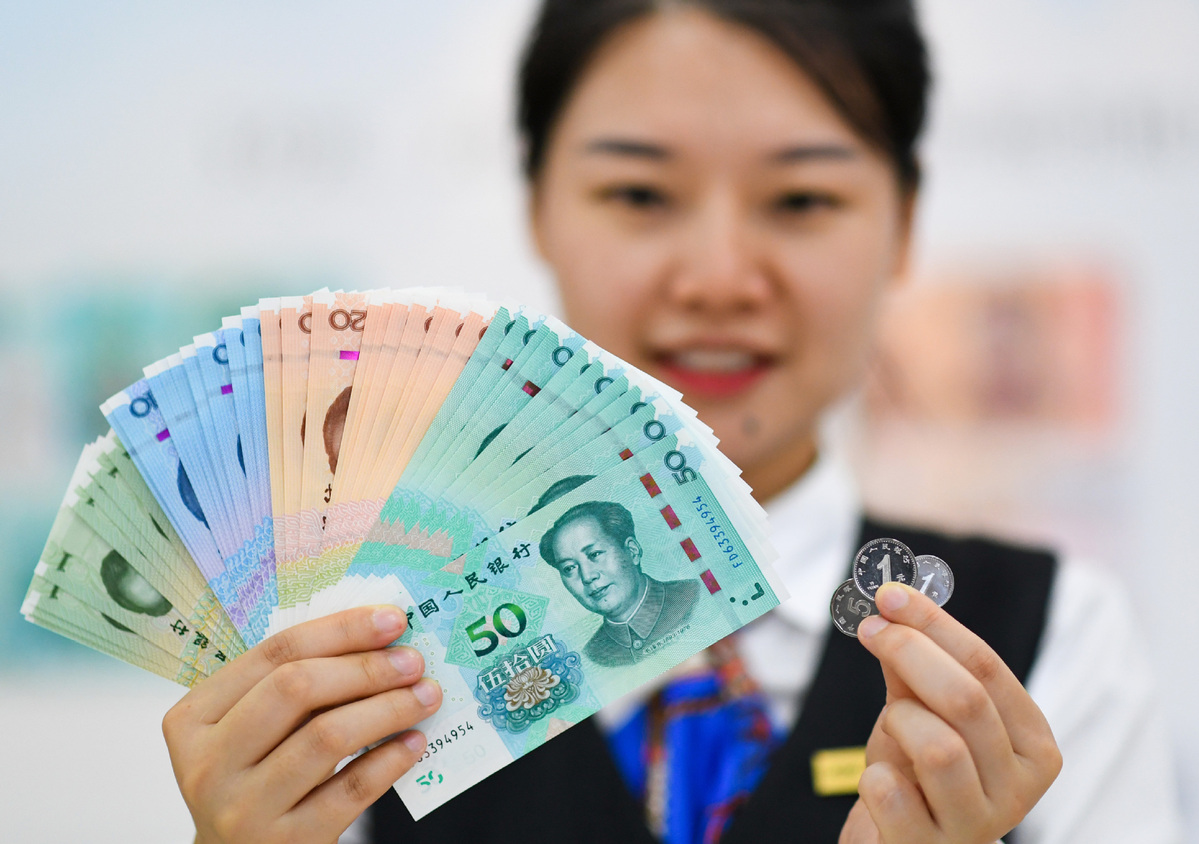Chinese currency to remain investor safe haven


The Chinese yuan is likely to hold its strength as a safe haven for global investors seeking shelter against geopolitical conflicts, leaving more policy space for China's central bank to support the economy, experts said on Thursday.
The currency is expected to stay appealing even amid the looming interest rate hikes by the US Federal Reserve, thanks to China's stable economic fundamentals, resilient export growth, and the prospect of attractive returns on Chinese financial assets, they said.
"The yuan is expected to stay relatively strong given global investors' confidence in China's economy, maintaining two-way flexibility with limited room for weakening," said Shao Yu, chief economist at Shanghai-listed Orient Securities.
A strong yuan will be able to weather the pressure of capital outflow caused by monetary easing and expand the room for the People's Bank of China, the country's central bank, to support the economy by cutting interest rates and the reserve requirement ratio, Shao said. The RRR refers to the proportion of money that lenders must hold as reserves.
The yuan has gained in status as a safe-haven currency during recent market turbulence. The currency has appreciated as investors seek stability as spiraling geopolitical tensions roil global markets. During Thursday's intraday trading, the onshore yuan hit 6.31 against the US dollar, its strongest level in almost four years, after gaining as much as 178 basis points on Wednesday, market tracker Wind Info said.
"Even as China launches more measures to moderately ease its monetary policy going forward, I think the yuan will still perform steadily as a strong currency," said Yan Se, chief economist at Founder Securities.
While the US Fed is expected to start interest rate hikes next month, the PBOC may choose the opposite path by cutting the interest rate in March, and reducing the RRR in the coming three months, said Yan, who is also an associate professor of economics at Peking University's Guanghua School of Management.
Risk aversion
Underpinning the strong yuan has been investors' risk aversion as well as China's stable economic fundamentals, buoyed export growth, and contained inflation that safeguards the currency's purchasing power, said Wang Youxin, a senior researcher with Bank of China.
Matt Simpson, a market analyst with GAIN Capital, said he expects the yuan to stay strong this year and fluctuate in the range of 6.3 to 6.5 against the dollar. China's exports should remain resilient as supply capacity is yet to fully recover in other developing economies, he added.
Global investors' rising holdings in Chinese stocks and bonds will also back the yuan, Simpson said, adding that foreign funds worth up to 800 billion yuan ($126.6 billion) may flow into Chinese bonds this year, while the annual foreign inflow to China's A shares could total 200 billion to 300 billion yuan via stock connects.
Jiang Xueqing contributed to this story.




































